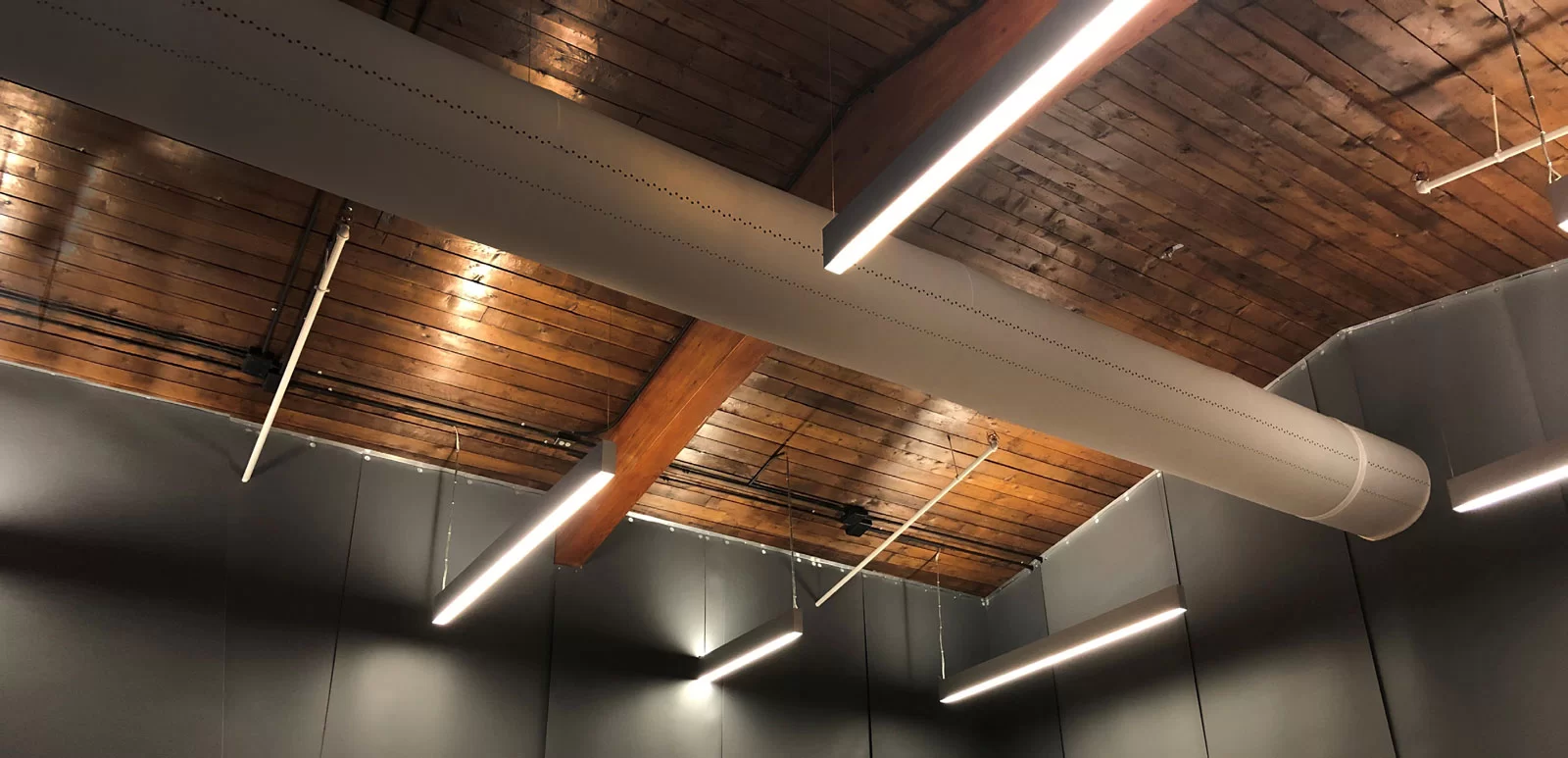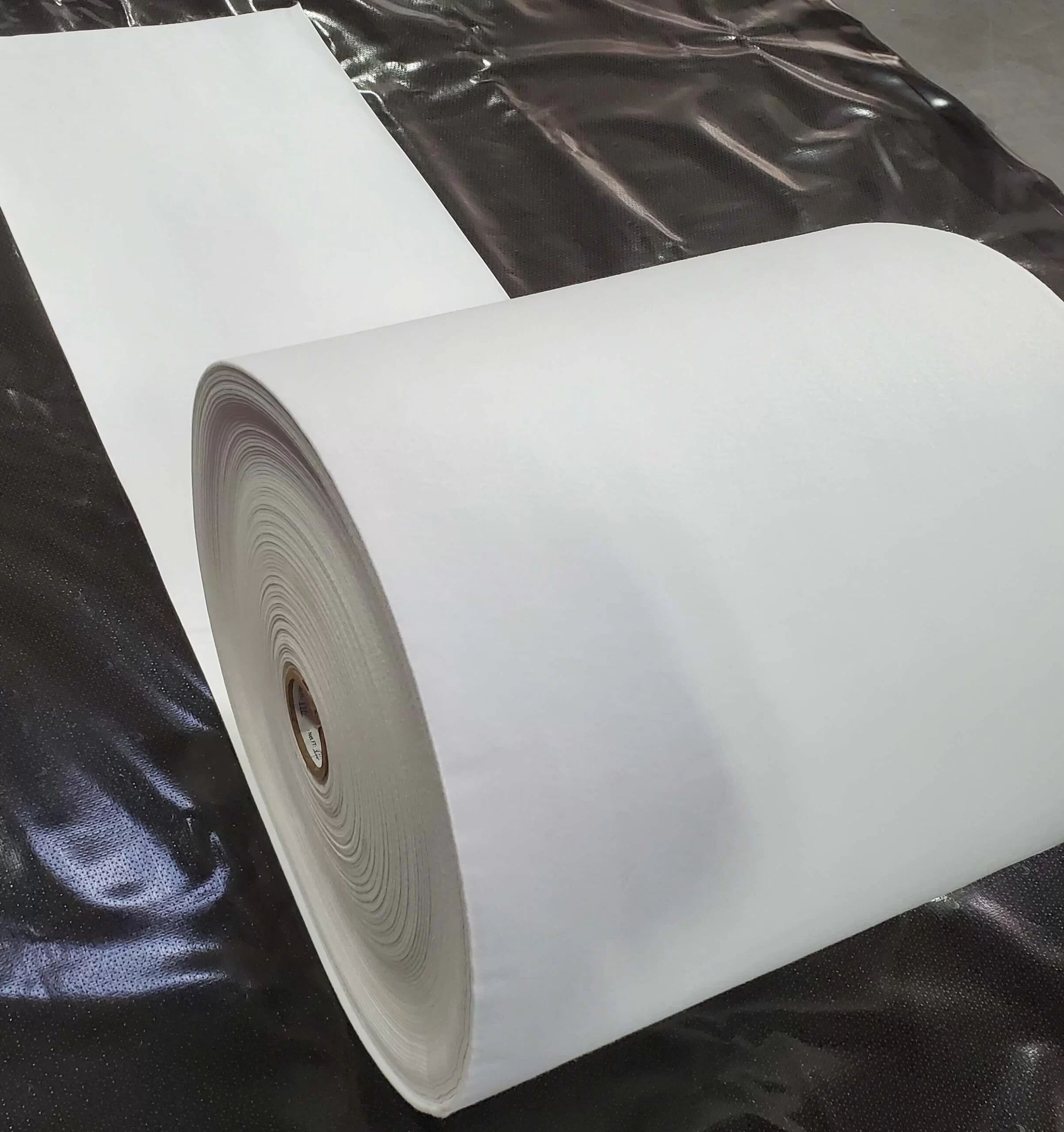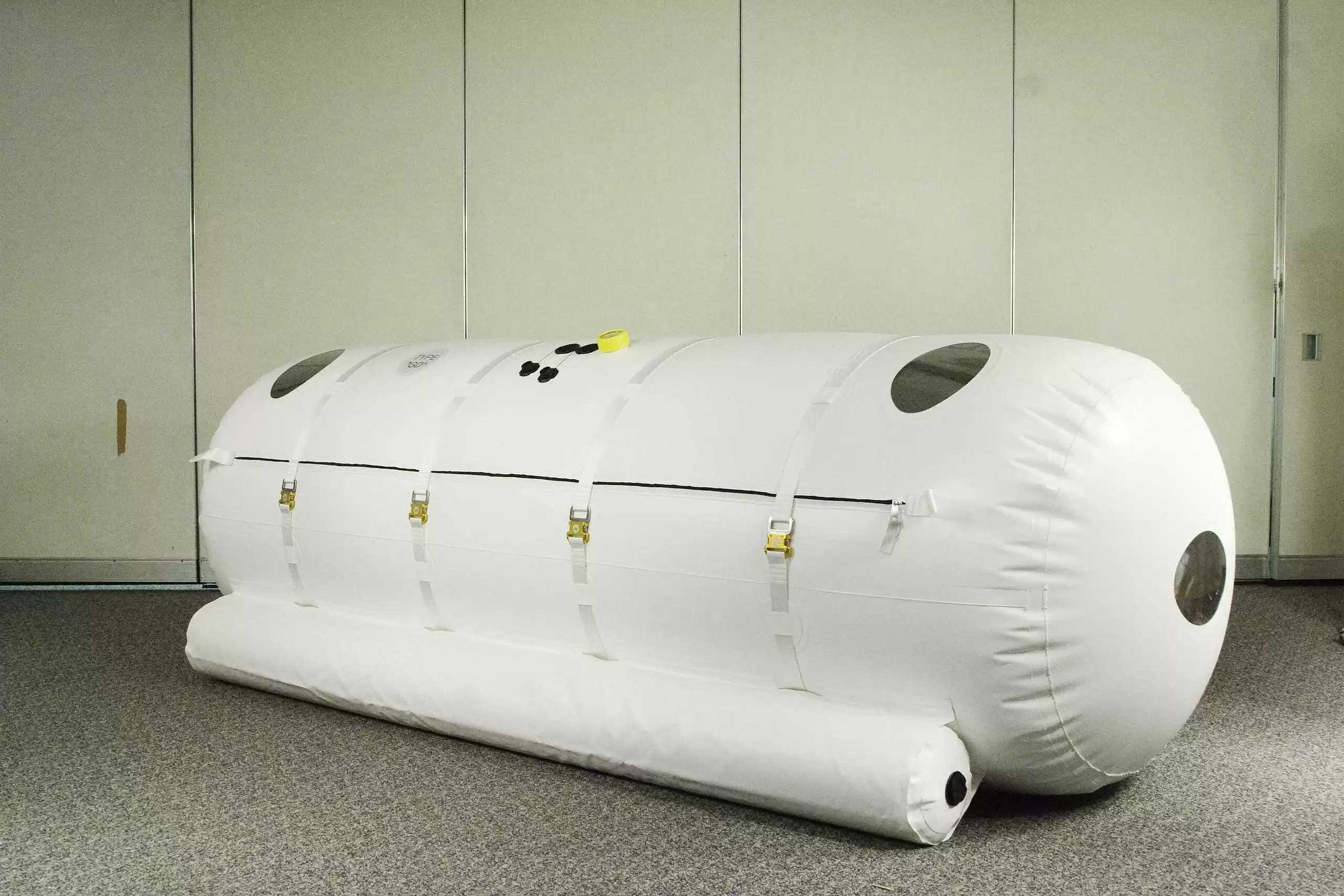If your company is considering bidding for US Department of Defense (DOD) or Department of Homeland Security (DHS) solicitations at any point, it’s important to know about the Berry & Kissel Amendments. The Berry Amendment was originally passed by Congress in 1941. The Kissell Amendment was modeled on the Berry Amendment but enacted in 2009.
The Berry Amendment can be a huge barrier or a tremendous opportunity for US manufacturers, depending on your supply chain. In this article, we’ll examine today’s practical implications for manufacturers.
Table of Contents
What Does The Berry Amendment Cover?
The Berry Amendment is designed to cover DOD purchases only. It was originally intended to ensure that a variety of items, including clothing, footwear, and other textile products, were fully American made.
Compliance requires that not just final products, but all of the materials and supplies that go into them are sourced from the US. That means, for example, that a military uniform must use US-sourced fibers/yarns which are converted into textiles, then cut, sewn, and assembled all in the United States.
Berry Amendment vs Buy American Act
The Berry Amendment doesn’t apply across the rest of the federal government, even for departments that have a connection to national security such as the Departments of Energy or Transportation. Federal contracts may be subject to the “Buy American Act” which applies only to federal government contracts to be carried out within the United States while the Berry Amendment is specific to the Department of Defense (DoD) in addition to international contracts. The Buy American Act requires that “substantially all” of the costs of foreign components not exceed 50% of the cost of all components (thus, an item can be of 51% domestic content and still be in compliance).
There Are Exceptions
DOD contracts worth less than two hundred and fifty thousand US dollars aren’t subject to the rule, for example. Materials that aren’t readily available in the US, such as goathair, sheepskin, silk, and hemp, are also exceptions. (The Trump Administration has considered tightening the rules around healthcare products during the coronavirus pandemic, but has not yet made any changes to the Berry Amendment).
What Does It Mean for Manufacturers?
Of all US Government agencies, the Department Of Defense has the largest budget at $700 billion. So if you are considering being a supplier it is critical to understand the requirements of the Berry Amendment so that you can effectively bid on issued solicitations.
The amendment requires US manufacturers to source materials domestically. Even if your company does not contract with the DOD directly, you must source materials entirely from the US in order to be eligible as a vendor for a company that does hold DOD contracts.
Do You Comply?
E Squared is a US-based producer that commits to providing its partners with guidance and technical know-how of the textiles they need for each application. If your company is considering ways to broaden its domestic supply chain, you can get in touch with our team today.













